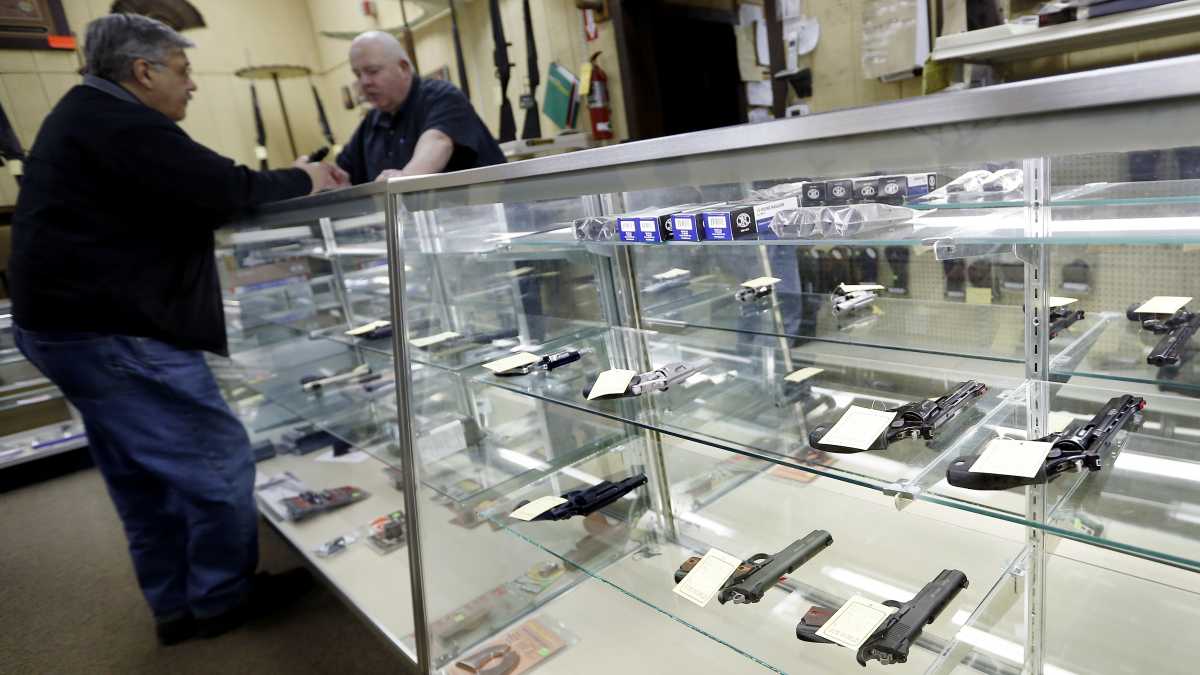Lawmakers fight over constitutionality of new Pa. gun law in court

(AP Photo/Keith Srakocic)
The plaintiffs are asking the court to declare the law unconstitutional and to strike it down.
The Commonwealth Court heard arguments Wednesday about the constitutionality of a state law that has made it possible for gun rights groups, like the National Rifle Association (NRA), to sue municipalities for their local gun ordinances.
According to the filing, the legislation combined “two utterly disparate subject matters in one bill”—the granting of standing to gun groups and the criminalization of the theft of secondary metals (like copper pipes and aluminum wires). “There’s no way on planet earth those two are related,” said Senator Daylin Leach (D), who is one of the plaintiffs. Leach said that breaks the constitution’s single subject rule, which says bills that pass must focus on one issue. “It’s to prevent people from passing bills that are really popular on one issue and unpopular on another and forcing the legislators and the governor to vote on or to veto or to sign bills with totally unrelated subjects to them,” Leach said.
The plaintiffs are asking the court to declare the law unconstitutional and to strike it down.
Lawyers for the defense team argued that the law does abide by the single subject rule. “Our belief was since both of these provisions were and continue to be in the crimes code, that the crimes code is significant enough of a subject, or the same subject, that it would be constitutional,” said Drew Crompton, Counsel to the Senate Republican Caucus.
Before Gov. Tom Corbett signed Act 192 into law in November 2014, only residents who could show they were adversely affected by local gun laws had legal standing to file suit. When the law went into effect in January, the NRA filed suit against Philadelphia, Pittsburgh, and Lancaster, claiming the cities’ gun ordinances did not comply with state law. Harrisburg is facing a lawsuit from U.S. Law Shield, a Texas-based group. Some cities, like Allentown and Reading, have repealed or amended their gun laws rather than face a potentially expensive challenge.
Once the court issues a decision, the parties will be able to appeal it to the Pennsylvania Supreme Court.
WHYY is your source for fact-based, in-depth journalism and information. As a nonprofit organization, we rely on financial support from readers like you. Please give today.


